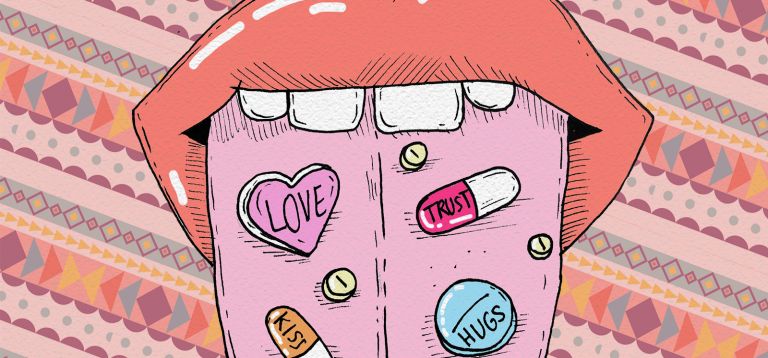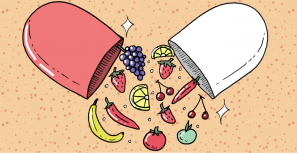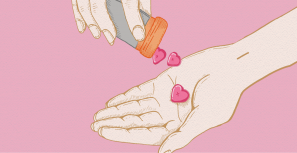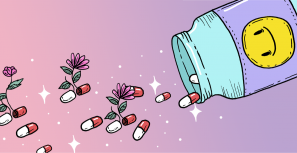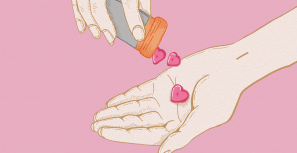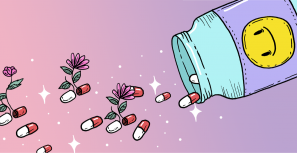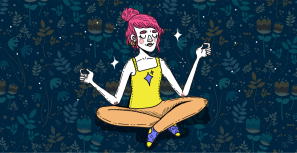The prescription drug Ritalin (occasionally misspelled "Riddlin"), also known as methylphenidate, is a controversial substance.
经常规定孩子在美国are diagnosed with ADHD (a.k.a. Attention-Deficit Hyperactivity Disorder), there have been concerns about its negative side effects as well as discoveries of new uses for it including recovery from cigarette and even cocaine addictions. While scientists do know the effect it has on the brain,whyit works is not well understood.
This article will explore the possibility of using Ritalin as a treatment for anxiety problems, as well as the risks involved with its use.
Listening to Your Doctor
Ritalin is never something you should take off label, and only something to take if a doctor recommends it. If your doctor tells you or your child to take Ritalin, you should consider it. But note that anxiety is better cured with behavioral interventions.
Ritalin In Your Body: A Scientific Overview
Ritalin's primary function is increasing the levels of the chemicals dopamine and norepinephrine in the human brain. It does this by partially blocking the dopamine and norepinephrine transporters that removes them from the synapses.
Dopamine is a potentially useful chemical for anxiety sufferers: however, norepinephrine is more problematic. To summarize what each chemical does:
- DopamineDopamine is the body's "happy" chemical, playing an important role in motivation and arousal, as well as motor control. A significant increase in dopamine mimics the effect of "hard drugs" such as cocaine, which is why Ritalin is now used as a treatment for cocaine addiction and occasionally used recreationally by drug abusers.
- NorepinephrineNorepinephrine, on the other hand, is responsible for actions in the sympathetic nervous system that direct fight or flight responses such as increased heart rate, the release of glucose from the body's energy stores, and increased blood flow to the skeletal muscles. In sufferers from ADHD this can help promote alertness. However, for anxiety-sufferers, it is more likely to have the effect of increasing anxiety.
Ritalin is technically categorized as a stimulant (specifically a "psychostimulant," or stimulant of the central nervous system). It is because of this factor that psychostimulant drugs - even drugs that, by increasing dopamine, may temporarily reduce anxiety - may paradoxically have the effect of increasing anxiety for people more psychologically prone to anxiousness.
研究表明,利他林作为有效的抗焦虑地中海for ADHD Children
In a 1993 placebo-controlled study of the effects of Ritalin on children, it was concluded that while the frequency of insomnia, appetite disturbance, stomachache, headache and dizziness significantly increased in the children taking Ritalin, the frequency of anxiety and nail-biting (along with "staring and daydreaming") significantly decreased. This would seem to indicate that at least in children, Ritalincanbe an effective anti-anxiety medication.
It is important to note, however, that the children who took part in this study suffered from ADHD, rather than from anxiety. Because of the risk of aggravating preexisting anxiety problems posed by increased norepinephrine in the body, studies of Ritalin's effects on anxiety-prone adults are not being performed.
What Anxiety-Sufferers Are Saying About It
Despite the scientific community's misgivings, some anxiety sufferers who have been prescribed Ritalin for ADHD have found it to have some interesting effects, though the negative reports are more common than the positive. Some described fatigue, while others described extreme energy.
However, the majority of users simply found that their anxiety increased, and experienced no noticeable calmative effects.
The Final Word on Ritalin and Anxiety
While it is easy to imagine that a drug that seems to "calm" overexcited children would be great for your anxiety, the truth is that this drug is designed to stimulate alertness and therefore runs the risk of worsening your anxiety rather than improving it.
If your doctor insists that you start taking Ritilan, than you should take it. But otherwise make sure that you're considering behavioral options as well.
